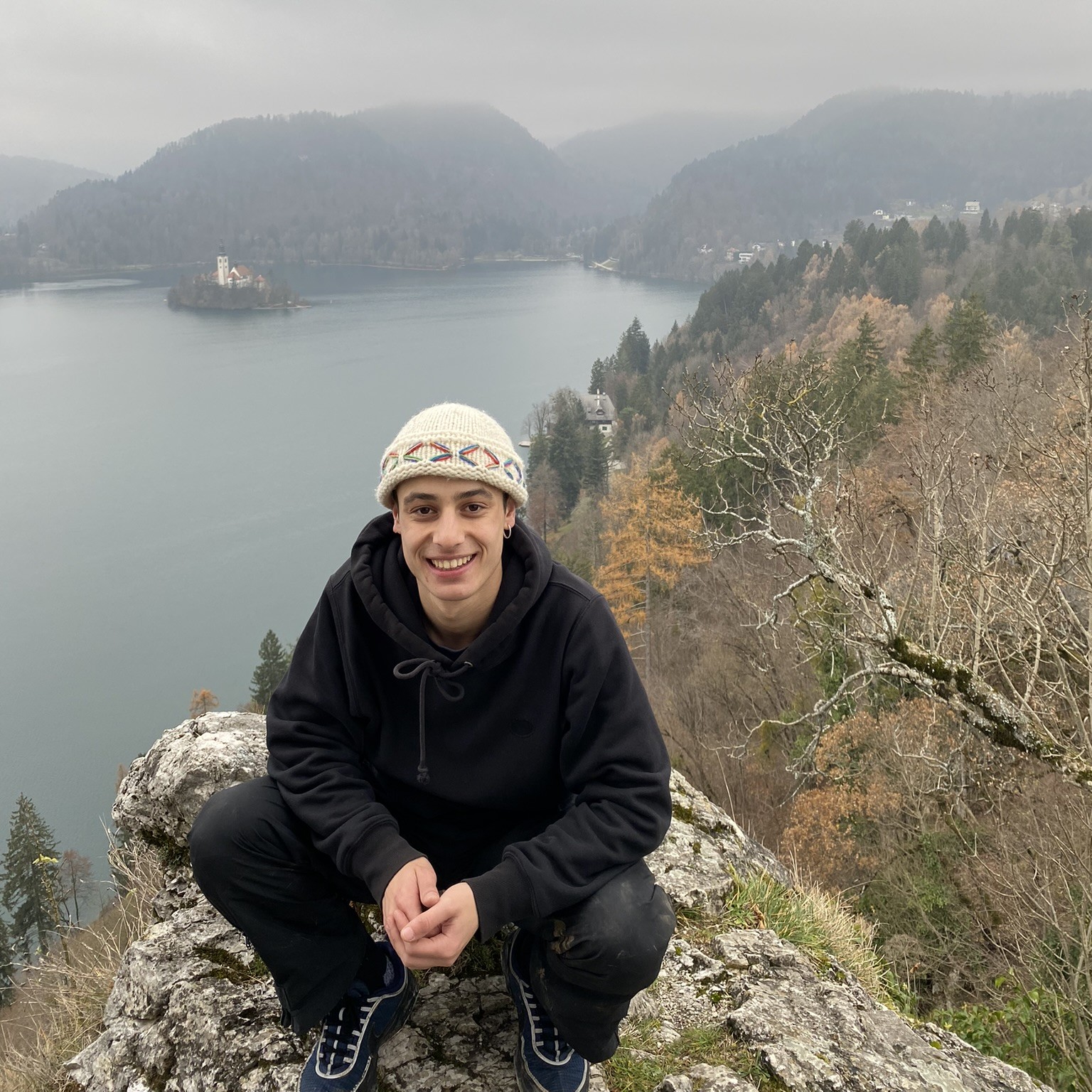LET'S TALK KELP
Category: Interior
Competitions: Home Competition 2025
LET’S TALK KELP is a project framed around the showcasing of kelp and its material versatility. With the goal of increasing its use in our future lives, ultimately incentivising kelp farming, an industry with the ability to help solve the climate crisis through mass carbon sequestration. Currently, the kelp industry is predicated around products that simply pulverise the kelp, processing it into anything from cattle feed to an additive in high-grade skin care products. Essentially, deeming kelp in its raw sheet form, to be of low value. This project is simply based upon the exploration of kelp’s materiality, its characteristics in different states and how it can be utilised as a future material in a broad spectrum of applications. Through 192 informed experiments performed across this project, three promising variations of kelp have arisen, MALLEABLE kelp, RIGID kelp and SELF-BINDING kelp. Each of the final artefacts explores one of these materials. Portraying the unique characteristics that each variation offers, despite all being birthed from the same raw material. THE CUTLERY: RIGID kelp that has been steam moulded. The SPOON is left in its natural unfinished state. The KNIFE has a natural wax coating and the FORK has been sanded to 1500 grit. Exploring different methods of finishing this plastic-like material. THE POUCH: MALLEABLE kelp that has been dyed red, hand stitched and had logos/text embossed. Exploring how this leather-like bio-textile can be used for packaging. THE LAMP SHADES: MALLEABLE kelp that has been coated in linseed oil, machine & hand sewn, and steam moulded. Exhibiting the beautiful manner in which kelp can diffuse light. The SELF-BINDING kelp has been exhibited between two scrap pieces of pine. Left to dry for 24 hours and can withstand over 5kg of pressure, maxing out the scale. A future competitor of PVA glue, completely derived from kelp. Crucially, these artefacts broaden the horizon of how we perceive kelp. No longer is it simply an additive to pre-existing products but instead its own useful and tangible material. This project is not about a singular product. Rather, it’s about a material and what can be done with it. It’s simple economics, attempting to increase our demand for kelp, requiring an equal increase in supply and hence incentivising industrial kelp farming. Here in which lies the potential for mass scale positive environmental impact. Tree planting for the ocean. CAN YOU HELP MAKE IT HAPPEN?

